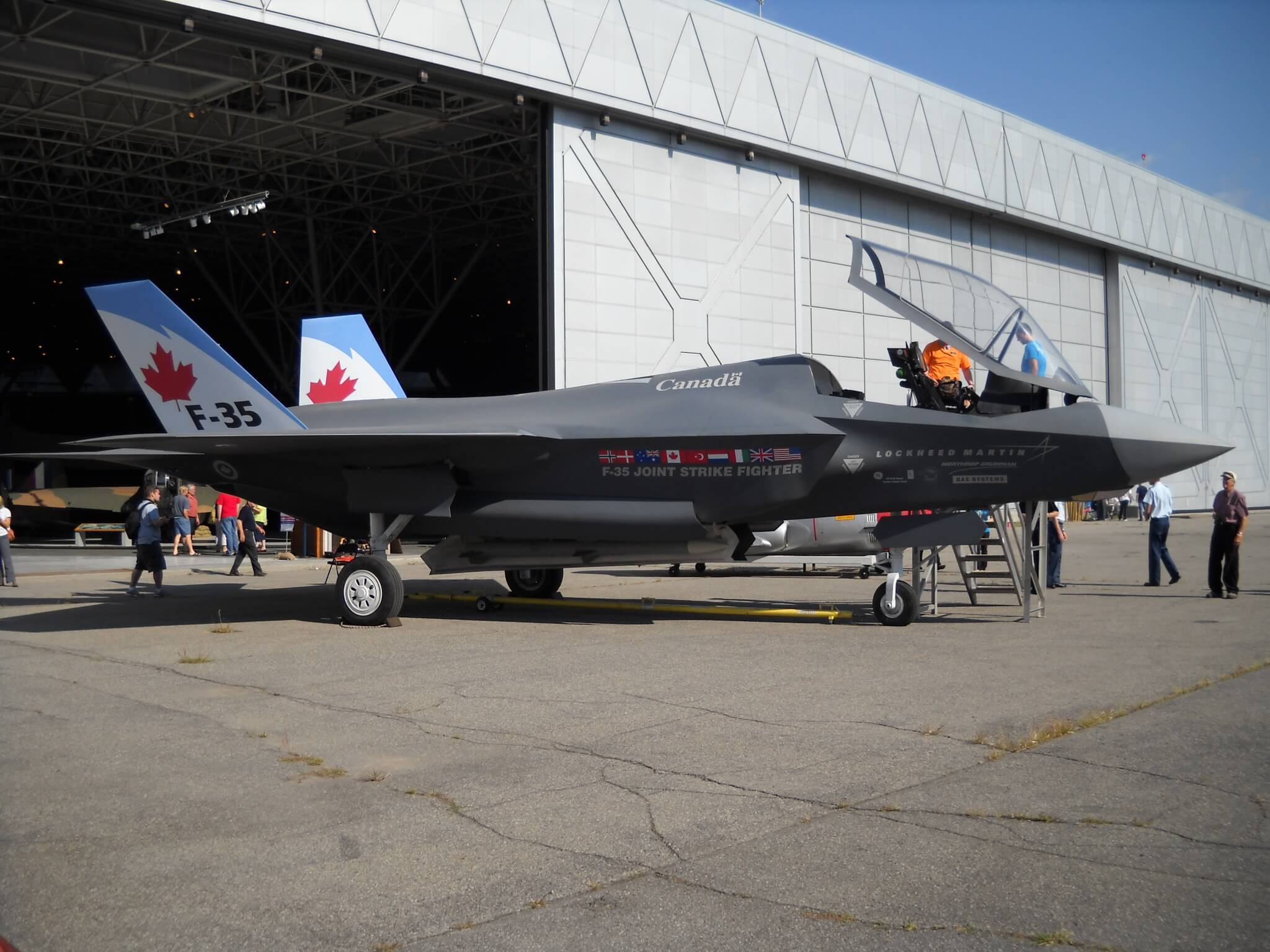600 Canadian troops remain in Afghanistan for now but effective this March 2014, there will be no Canadian boots on Afghan territory. A final cohort of military troops will re-deploy to Canada next year and hand over all responsibilities (i.e. training Afghan National Security Forces) to Afghanistan. Several hundreds of Canadian troops will return home in December, and hundreds more will follow in January. From January to March, about 100 troops will remain until the last rounds of re-deployment occur. As the mission comes to an end, closeout teams are being sent to the country for a short-term period.
Canada made its first entrance into Afghan territory in 2002 with a small combat force and then took on a peacekeeping role, from 2003 to 2005. From 2006 to 2011, Canada returned to a combat role as a result of the Taliban having a strong presence in Kandahar. Canada ended its combat role in 2011 and, subsequently, focussed its resources on training the Afghanistan army and police forces.
Since the inception of the Afghanistan conflict, an estimated number of 30,000 Canadian military personnel have provided a wide range of services. Canada continues to focus on four main priorities: promoting the development of Afghanistan’s education and health systems for the purpose of securing the future of Afghanistan’s young generation; building and strengthening Afghan security, the rule of law, and human rights; promoting diplomacy in Afghan constituencies; and facilitating humanitarian development by providing assistance.
[captionpix align=”left” theme=”elegant” width=”250″ imgsrc=”http://natoassociation.ca/wp-content/uploads/2013/12/li-afghan-training-04026671.jpg” captiontext=”Transfer of authority ceremony from the NATO-led troops to Afghan security force”]
NATO’s Role in Afghanistan Post-2014
NATO plans to have a military presence in Afghanistan post-2014, but Canada has already stated that it will not take part in future missions. Despite this, Canada will provide Afghanistan with $100 million, which will be used on weapon procurement and sustaining Afghanistan’s army and police force. In addition, Canadian aid programs will donate $75 million, on an annual basis, for the next three years. These funds will be used for development purposes such as in the area of education, health, and humanitarian relief.
No Canadian Military Presence After 2014
Canadian military personnel in Afghanistan have played a crucial part in rebuilding the country. In fact, Canada’s contribution to the NATO Training Mission in Afghanistan (NTM-A), also known as Operation ATTENTION, is dedicated to making the Afghan National Army, Afghan Air Force, and Afghan National Police self-sustainable so that these units can be capable forces. Canada’s decision to not have a military presence in Afghanistan after 2014 has been criticized.
Canada is the second largest contributor to the NATO-led training mission in Afghanistan. Canada and other member states have trained 330,000 Afghans who are now capable of defending their homeland and, as a result, Afghanistan has the necessary tools to sustain itself in the long run.




